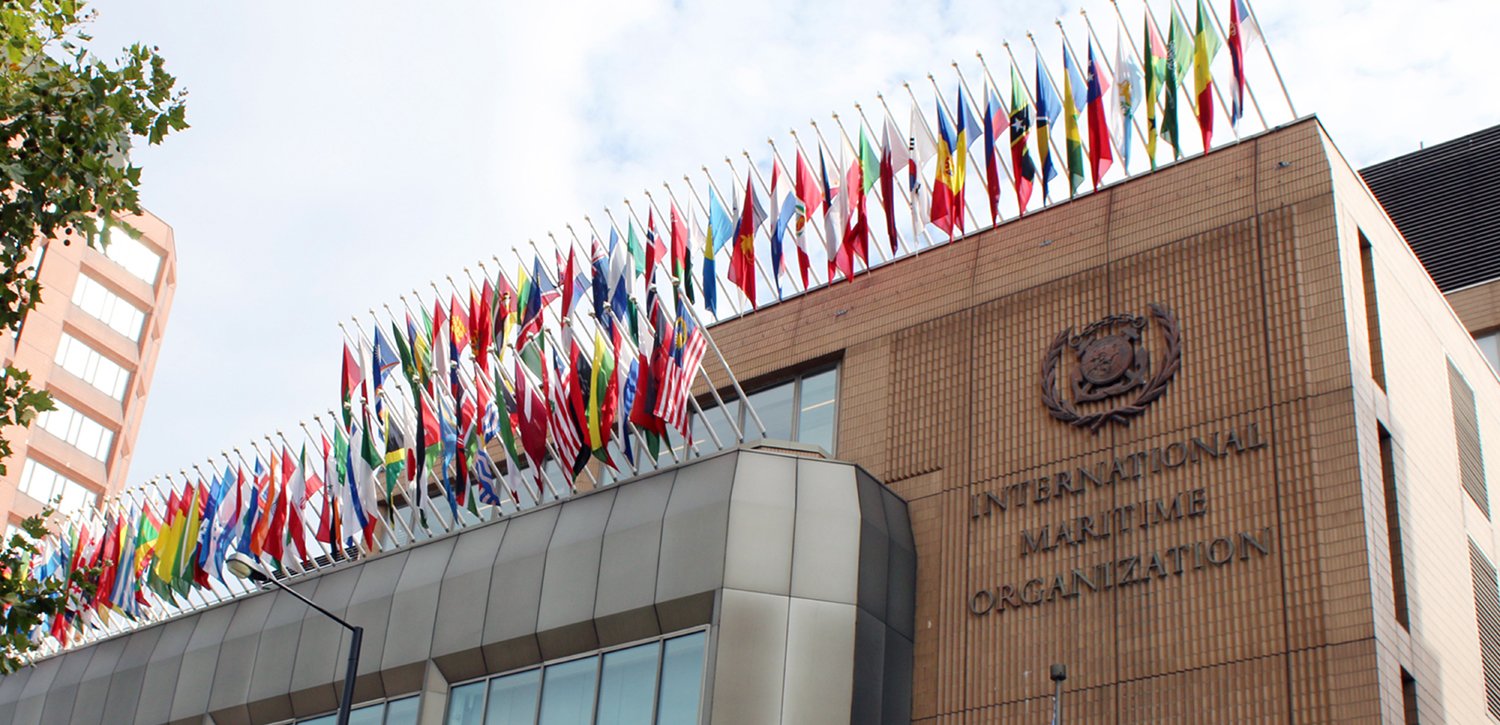Korede Abdullah in Lagos
Nigeria’s internet consumption took a slight hit in September 2024, dropping 0.82% to 850,249.09 terabytes from the 853,954.05 terabytes recorded in August.
This decline coincided with a decrease in the country’s subscriber base, largely attributed to the verification of National Identification Numbers linked with SIM cards.
The verification exercise, which concluded on September 14, had a significant impact on Globacom and 9mobile.
Globacom lost a massive 43 million lines, dropping from 62.1 million active subscriptions in March to 19.1 million in September.
Similarly, 9mobile saw its subscription base drop from 11.6 million in March to 3.6 million by September, a loss of about 8 million subscribers.
The four major operators – MTN, Airtel, Globacom, and 9mobile – deactivated a total of 64.3 million lines. Despite this reduction, MTN retained its market leadership with 78 million active subscriptions, though it also lost 3.7 million users during the verification exercise.
Airtel held the second spot with 53.7 million subscriptions, a decline from the 63.3 million it had in March.
The decline has brought the industry’s total active subscriptions down to 154.6 million as of September 2024, from 219 million reported in March.
However, 5G adoption continues to show steady progress, with penetration rising to 2.19% in September, up from 2.12% in August and 1.95% in July.
This growth in 5G adoption is expected to continue, with forecasts suggesting that Nigeria and other Sub-Saharan countries will reach 17% 5G adoption by 2030.
The increasing interest in high-speed technology is a positive sign for Nigeria’s digital landscape, despite the current decline in internet consumption.



